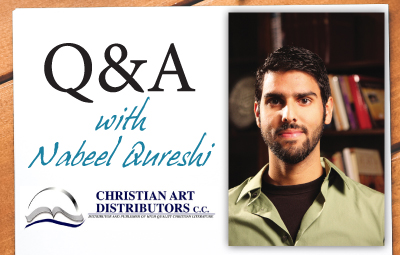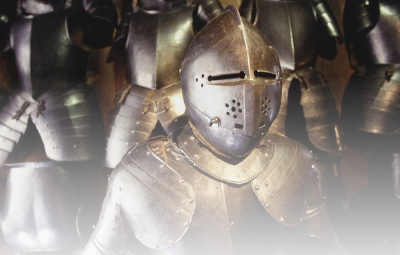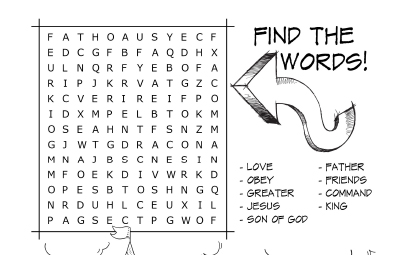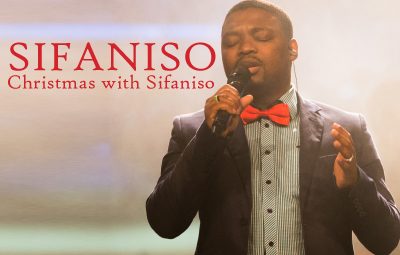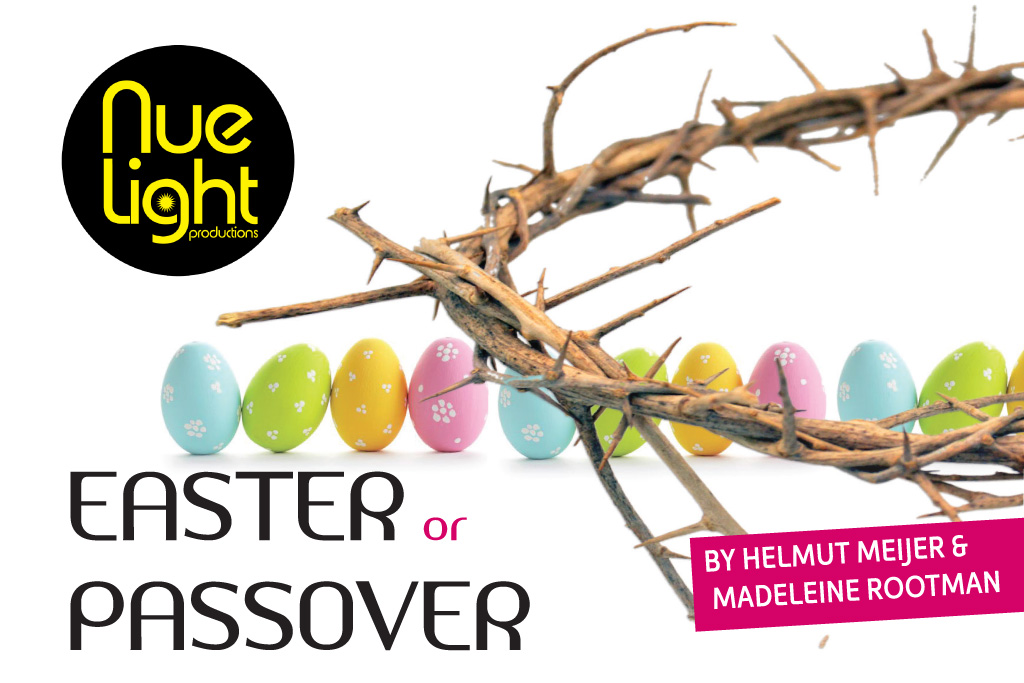
There is an enormous difference between Easter and the Biblical festival called The Passover, which God had commanded the Israelites to celebrate into perpetuity (Exodus 12:12-14).
The Passover is mentioned first in Exodus 12 and is a festival firstly in solemn commemoration of God's rescue of the Hebrew people from both the hands of the Egyptians and the Land of Egypt, but more so in Messianic-Christological (1) terms, The Passover is concerned with the ultimate sacrifice of Jesus (known in Hebrew as Yeshua) as the perfect Lamb of God (See 1 Corinthians 5:7). The word Passovercomes from the Hebrew word pesach, which literally translates to "passing over" in reference to the Angel of God having passed over the Israelite camp, whilst killing the first-born of the Egyptians.
Easter - though sadly and unquestionably assumed by many (if not most) as referring to the event of the crucifixion and resurrection of Jesus Christ - is actually a festival rooted firmly in polytheistic paganism. The wordEasteroriginates from the ancient Babylonian Goddess of fertility, known as "Ishtar" - derived from the ancient word for Spring "Eastre" (2).
The obvious question is, where and when did these two festivals become associated?
The first believers were Jews (3). And these continued to celebrate Pesach (Passover) as is clearly witnessed in Acts 12:3-4. It is only when the faith in Jesus of Nazareth, as the promised Messiah, spread into non-Israeli (especially Greek) territory, that the [monotheistic] world view of the early believers gradually became syncretized with the world view of the surrounding nations.
Over time traditions, philosophies and religions of the foreign nations muddled up with the message of Jesus, reaching its apex at the point where church and state amalgamated under the rule of Emperor Constantine around A.D. 325. The unfolding of the tumultuous history of State-and-Church extends beyond this article, but over time, as the Roman Catholic Church grew in stature, more and more pagan traditions melded with the faith in the Messiah of Israel. The exact point in time when the Biblical festival of Pesachbecame confused with the Babylonian Spring festival of Easter, is unclear, but we read of vile phallic worship in Isaiah 57:5-8 and Ezekiel 16:17 where the so called "groves", connected with the "high places" in Israel, were the very images and places where these abominable Easter festivals were celebrated. Interestingly, the word for "groves" is the Hebrew word asherah, and is always link with the worship of Asthoreth, alias Isthar.
The association of everything Easter (amongst others: hotcross buns, Easter eggs, the Easter bunny; even the delusive celebration of Lent) with the crucifixion and resurrection of Jesus, remains a dark enigma and stands to be solemnly scrutinized at the hand of Biblical investigation.
In the night of Jesus' betrayal, He celebrated with His disciples, the very Passover pointing to Him. Breaking bread with them, He left them with the clear instruction, "do THIS in remembrance of Me."(emphasis added)
(1) "Messianic Christology is a study of Old Testament prophecy concerning the First Coming of the Messiah." - Arnold Fruchtenbaum, Messianic Christology. http://www.amazon.com/Messianic-Christology-Arnold-Fruchten baum/dp/091486307X
(2) "Isthar" is commonly known as Semiramis or "The Queen of Heaven". She was also variously known in the ancient world as Ostare, Ostern, Eostra, Eostre, Eos tur, Eastra, Eastur, Austron, Ausos. See http://www.religioustolerance.org/easter1.htm
(3) Henry Chadwick, "The Early Church", Penguin, (1993)



